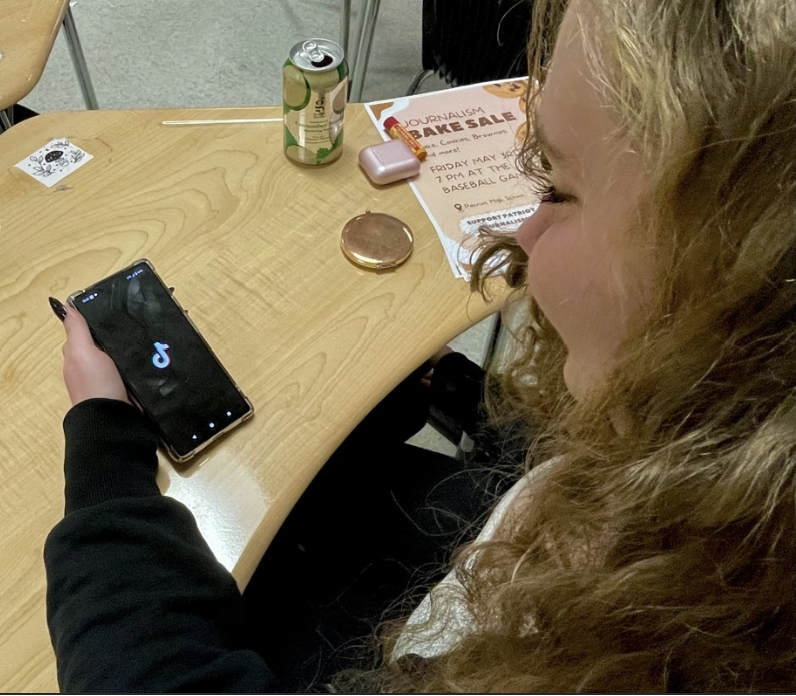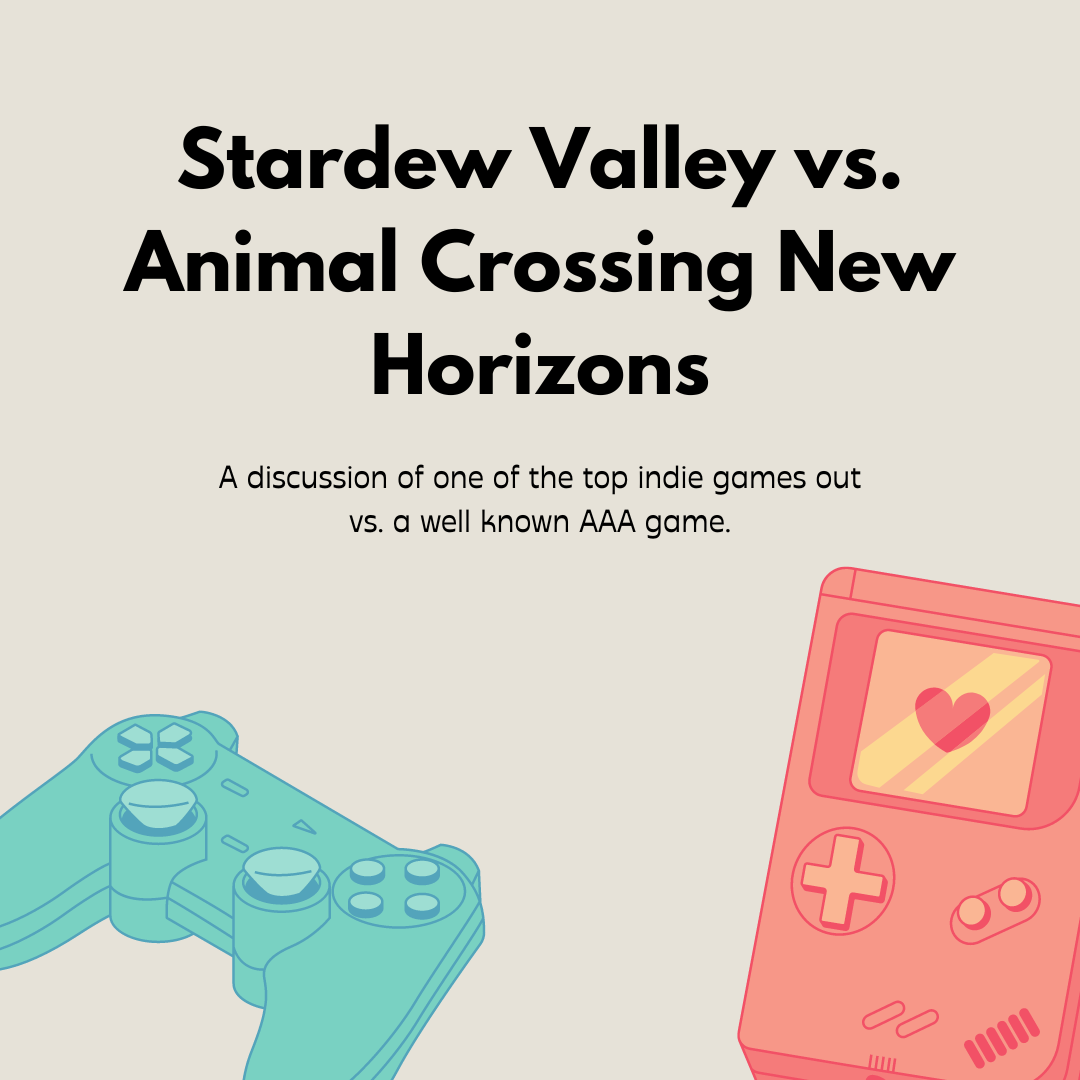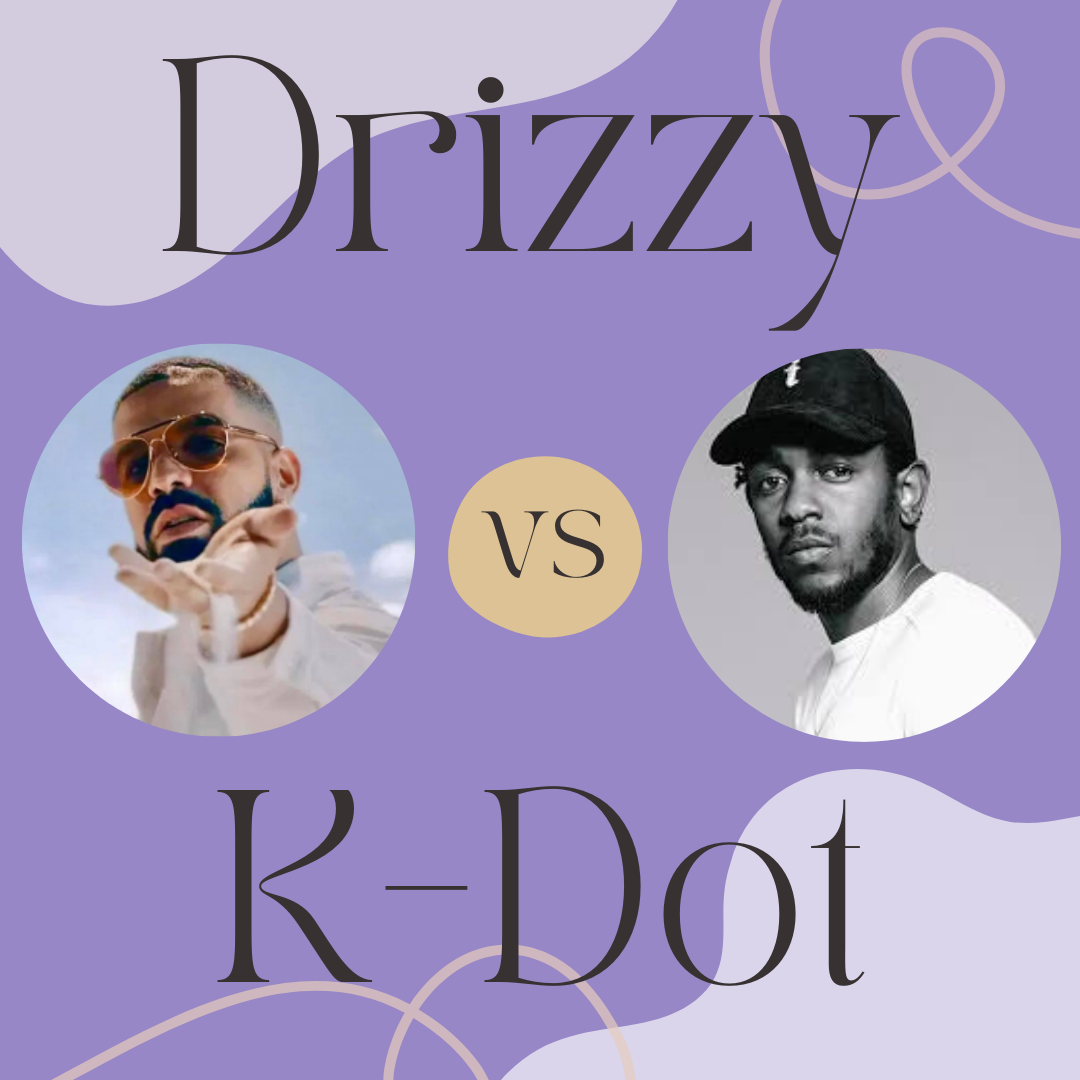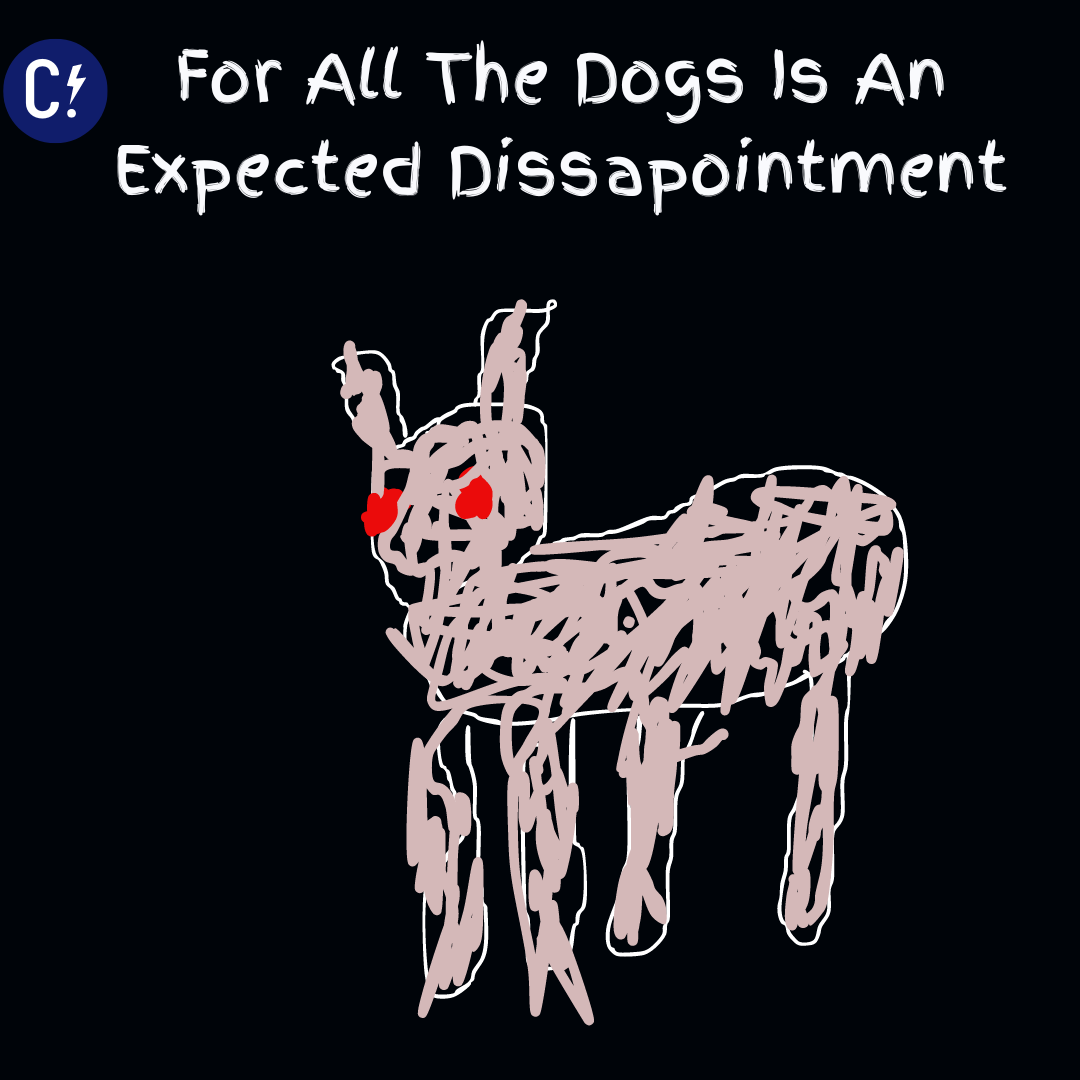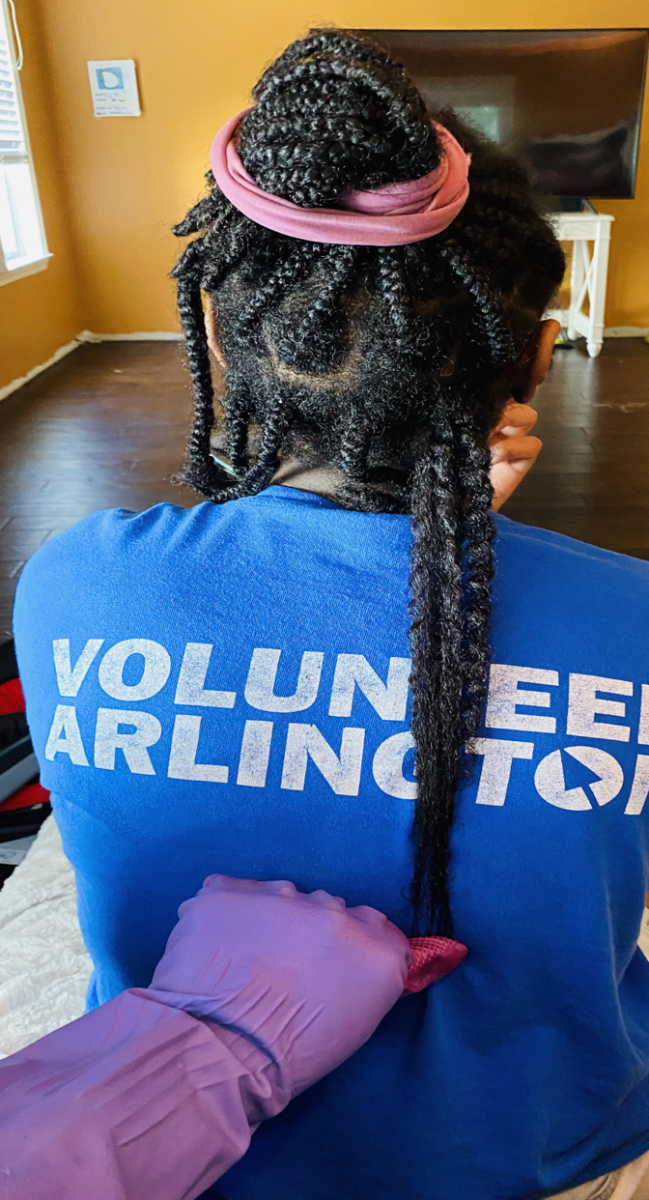It’s no secret that popular social media platform, TikTok, can certainly generalize something much more complex than a 15 second video. Scrolling on the app for a little bit, the videos may start to sound like this:
“5 Subtle Signs of OCD!”
“Hidden Symptoms of ADHD!”
“Things People with Social Anxiety Do!”
The popularity of TikToks like these have only been increasing over time, with entire accounts dedicated to posting “mental illness symptoms” videos. Many fail to see the issue with this kind of content. If it’s listing traits of a mental illness someone might have, it can only be spreading awareness, right?
Well, not really.
TikTok itself is already known to promote a ton of misinformation due to the length of the videos—short clips are easy to misinterpret and take out of context, and unfortunately, mental illness is no exception to this.
Many creators on the app are seen declaring themselves “self-diagnosed” with a certain illness, citing generalized symptoms. Viewers take this information and apply it to themselves, now seeing normal things as a “symptoms” and thinking they have a mental illness.
The cycle doesn’t end there, though. According to studies, once someone self-diagnoses themself, they may go through a cycle of confirmation bias to feed into their self-perception. Normal, everyday behaviors will begin to be seen as “symptoms,” causing a further downward spiral that may actually cause severe mental stress further down the road.
With this, these TikToks also generalize symptoms of debilitating disorders, romanticize mental illnesses as something “quirky” or “unique,” and further contribute to stereotypes that those with an actual diagnoses fight against.
Mrs. Mahoney, a social worker at Patriot High School, shares her insight regarding this: “There’s a lot of information on the internet, but a lot of misinformation as well—and especially with mental health diagnoses. They can be so broad, and they can also have lots of different core characteristics…[it’s] important to really seek out mental health professionals to talk about your symptoms and really get professionally diagnosed if you self-diagnose…you could really be kind of going down a rabbit hole.”
It’s true: generalizing symptoms can be one of the main reasons a TikTok user mistakenly diagnoses themself.
Why is this happening, though?
Simply put, it is shown that teens are looking for support and community: and they find this on TikTok. Many who might be experiencing normal nervousness in social situations, for example, may look this up on TikTok, find a video with someone talking about it, read comments filled with similar experiences, and then diagnose themself with Social Anxiety Disorder (SAD) in order to feel a sense of fellowship.
Ms. Mahoney states that “Teens who are experiencing any symptom of any mental health diagnoses probably want to just feel [like they are] in a community…being with others who might be experiencing some similar things as them and doing that on social media or on TikTok, whatever the case may be. [It] probably feels helpful to them”.
Additionally, TikTok’s algorithm, which is set to show videos based on what a user liked or watched previously, is not helping the issues. This further contributes to the spiral a user may go down once they begin showing a pattern of watching mental health videos.
While getting mental health information from platforms like social media may be harmful, in fairness, it may be the only option for several teens. Initial consultations without insurance with a psychiatrist may cost between $250 to $300 and follow up sessions can cost between $100 to $200. This excludes recommended therapy costs and medications that can come with this, so there are certainly things that can be done to make this important healthcare more affordable.
However, while TikTok and social media in general can be a fun way to watch content and connect with friends, it’s important to remember the misinformation that can spread and harmful stereotypes that can be perpetuated as a result of it, especially in regards to mental illness.
Overall, it’s important to seek out professional medical help if you feel you may have a mental illness rather than self-diagnose on TikTok.


